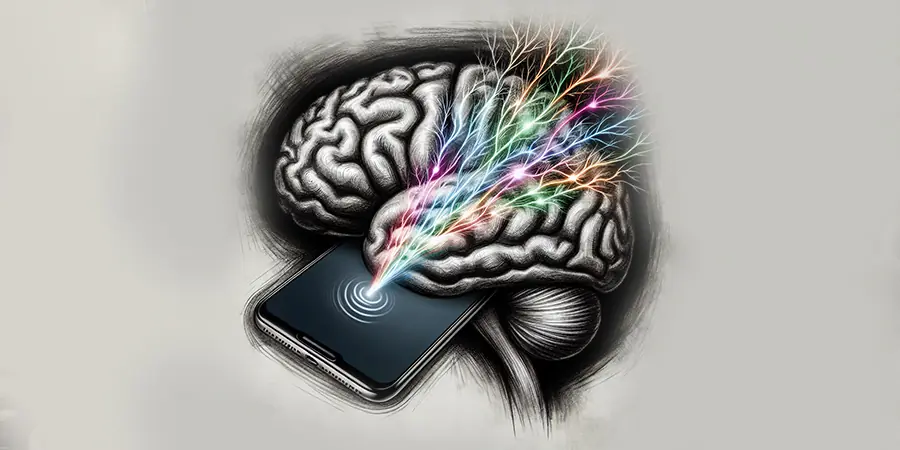
Prostate Cancer: Warning Signs and Symptoms You Shouldn't Ignore
Prostate Cancer: Warning Signs and Symptoms You Shouldn't Ignore
Prostate cancer has consistently been the most prevalent form of cancer among American men for decades. It remains a significant health concern in the U.S.; for example, in 2014, the American Cancer Society estimated there were 230,000 new diagnoses and nearly 30,000 deaths from this cancer. The Society also projects that 1 in every 7 men will be diagnosed with prostate cancer in their lifetime, with most diagnoses occurring around the age of 66.
Understanding what prostate cancer is, how to detect it, its potential causes, risk factors, and prevention strategies can provide invaluable peace of mind as men age. The information below offers a general overview of the most critical aspects of this disease.
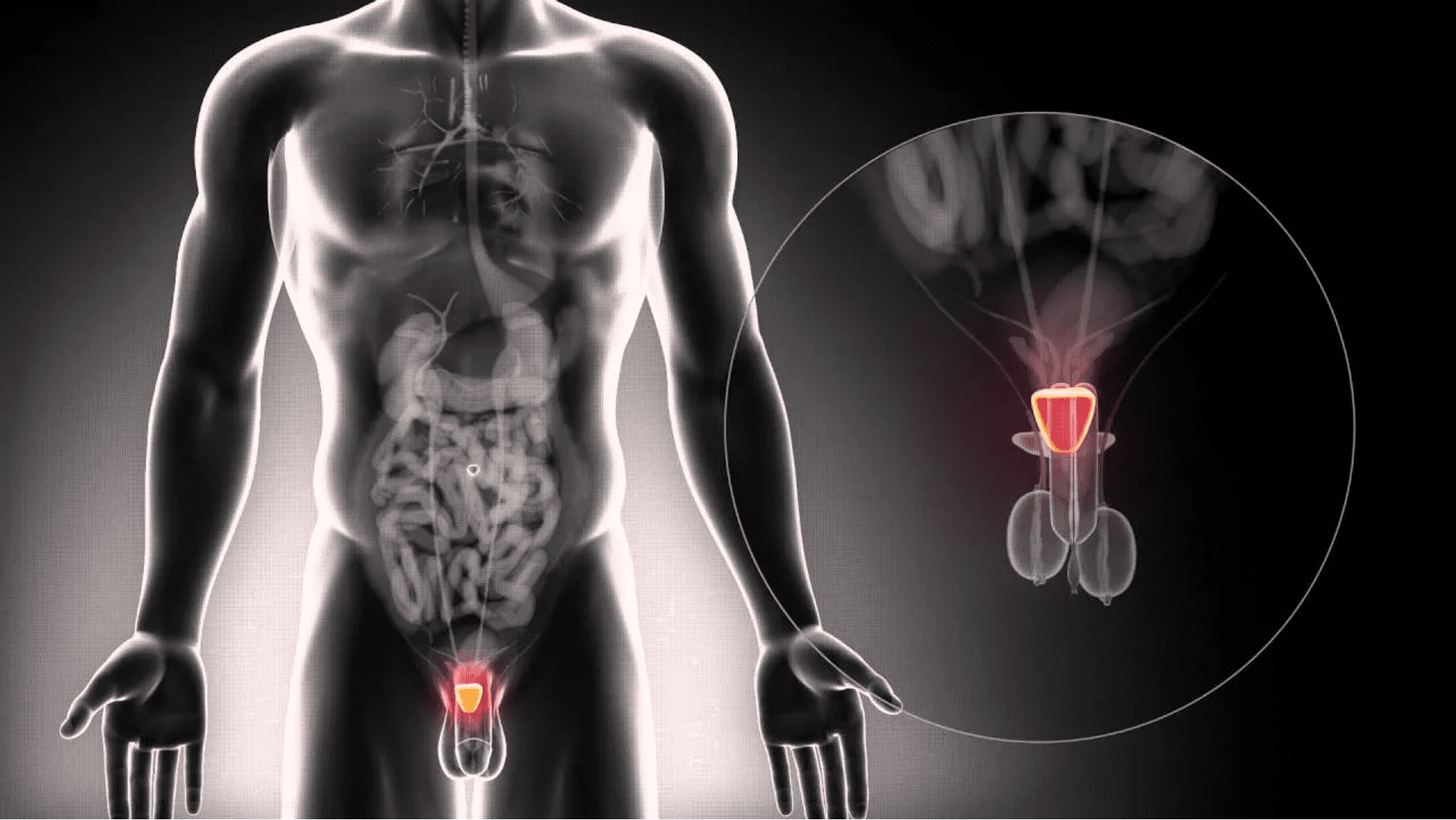
What is Prostate Cancer?
Prostate cancer originates in the prostate, a small gland that is part of the male reproductive system. This gland plays a crucial role in reproduction by producing fluid that mixes with sperm to form semen.
There are several types of prostate cancer, each with a different developmental pattern. Most commonly, prostate cancer develops slowly over time and may not pose a significant risk of spreading aggressively. However, other forms can progress much more quickly and be more destructive. The disease exclusively affects men and is most frequently diagnosed in older age.
While prostate cancer can be deadly, its mortality rate is generally lower compared to some other cancers. The majority of men diagnosed with prostate cancer ultimately do not die from the disease, often living with it for many years.
Symptoms of Prostate Cancer
In its initial stages, prostate cancer typically develops without any noticeable symptoms. Like many cancers, it is significantly easier to treat when detected early and localized. This makes early detection and awareness critical for men. As the disease progresses to later stages, the following symptoms may emerge:
-
Urinary Concerns: Many common signs of prostate cancer are linked to the urinary system. These can include difficulty urinating, a weaker or less forceful urinary stream, pain or burning during urination, and the presence of blood in the urine.
-
Semen Changes: The appearance of semen may be unusual, most likely due to the mixture of blood.
-
Pain and Discomfort: Pain in the lower half of the body is common in advanced prostate cancer. It most frequently occurs in the lower back, hips, and legs. Men may also experience discomfort in the pelvis when sitting or a general, moderate pain in the bones.
-
Erectile Dysfunction (ED): This involves difficulty achieving or maintaining an erection sufficient for sexual intercourse. A study involving over 20,000 patients found that men with ED had a significantly higher risk of prostate cancer compared to those without ED.
It's important to note that approximately two-thirds of men diagnosed with prostate cancer do not exhibit many symptoms. For the one-third who do, at least one of the symptoms mentioned above is typically observed.
Causes and Risk Factors of Prostate Cancer
The direct cause of prostate cancer is not fully understood. Medical research has primarily identified the issue at a cellular level: like most cancers, prostate cancer develops when abnormal cells are produced within the prostate gland. These mutated cells proliferate much faster than healthy cells, accumulating and forming a tumor in the tissue. From this tumor, cells can potentially break away and spread to other parts of the body (metastasis).
While the exact cause remains under debate, several prominent risk factors have been identified:
-
Age: Age is by far the most significant risk factor. It is very rare for men under 50 to contract the disease, with most diagnoses occurring between the ages of 60 and 70. This is why regular screening discussions are often recommended starting around age 40 or 50, depending on other risk factors.
-
Genetics/Family History: A family history of prostate cancer can significantly increase a man's risk, potentially by up to three times. If a first-degree relative (father, brother, son) was diagnosed before the age of 60, the risk is even higher. As the number of affected relatives, particularly those with first-degree lineage, increases, the likelihood of a faulty gene contributing to the cancer also rises.
-
Race/Ethnicity: Black men have a higher incidence of prostate cancer than any other racial group. Asian men generally have the lowest risk, with White men falling in between. For instance, in the United States, Black men are about 1.7 times more likely to be diagnosed with prostate cancer and 2.1 times more likely to die from it compared to White men. Hispanic/Latino men also have a lower risk of developing prostate cancer and dying from it compared to non-Hispanic White men.
-
Obesity: Some studies suggest that a higher body mass index (BMI) may be associated with an increased risk of more aggressive prostate cancer. Doctors also note that diagnosing and treating prostate cancer in obese men can be more challenging.
Can You Prevent Prostate Cancer?
While there's no single definitive way to prevent prostate cancer, certain lifestyle choices and dietary habits may help reduce the risk:
-
Food Consumption: There is no direct evidence that a specific food causes prostate cancer, but a healthy and diverse diet rich in fruits, vegetables, and beneficial fats is generally recommended. Consuming adequate amounts of fatty acids and essential vitamins and nutrients may help reduce risk and prevent obesity, a known risk factor. You can explore foods that are known to protect against cancer development.
-
Lifestyle Factors: Several lifestyle factors have been linked to a potentially lower risk of prostate cancer. Men who ejaculate frequently may face a lower risk, as do men who engage in regular, high-intensity exercise.
-
Aspirin Use: Some studies suggest that daily aspirin intake might lower the risk of developing and dying from prostate cancer. However, more research is needed to definitively determine if the potential benefits outweigh the risks, such as an increased risk of bleeding.
It's crucial to understand that an increase in prostate size does not automatically indicate cancer. Many men experience prostate growth due to benign prostatic hyperplasia (BPH), a common, non-cancerous medical condition among aging men.
For more comprehensive information on general cancer symptoms, you may wish to read about 15 common cancer symptoms you shouldn't ignore.
News in the same category

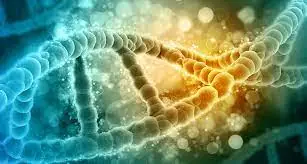
CRISPR Breakthrough: Scientists Successfully Remove Extra Chromosome in Down Syndrome Cells
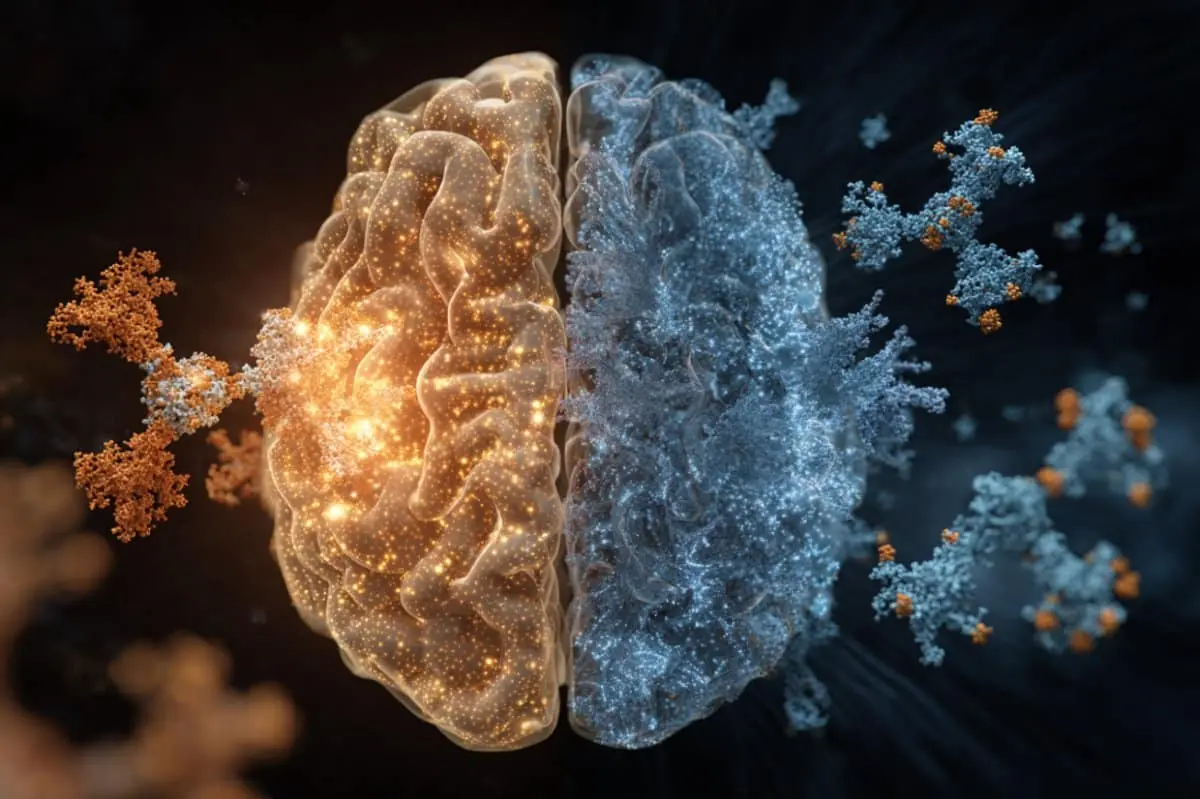
Alzheimer's Breakthrough: Key Protein Found in High Levels in Newborns, Offering Hope for New Treatments
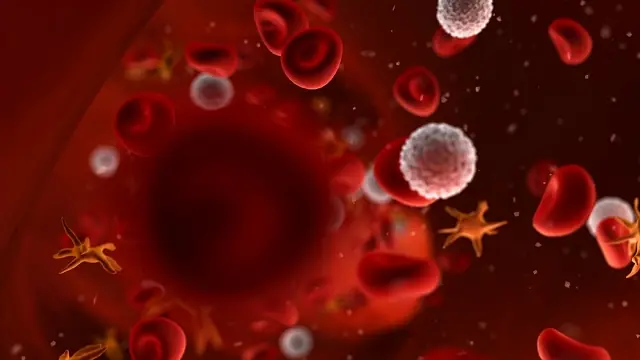
Trojan Horse Therapy: Scientists Engineer Virus to Make Tumors Self-Destruct

Walk Your Way to a Lower Cancer Risk: Just 7,000 Steps a Day Can Make a Difference
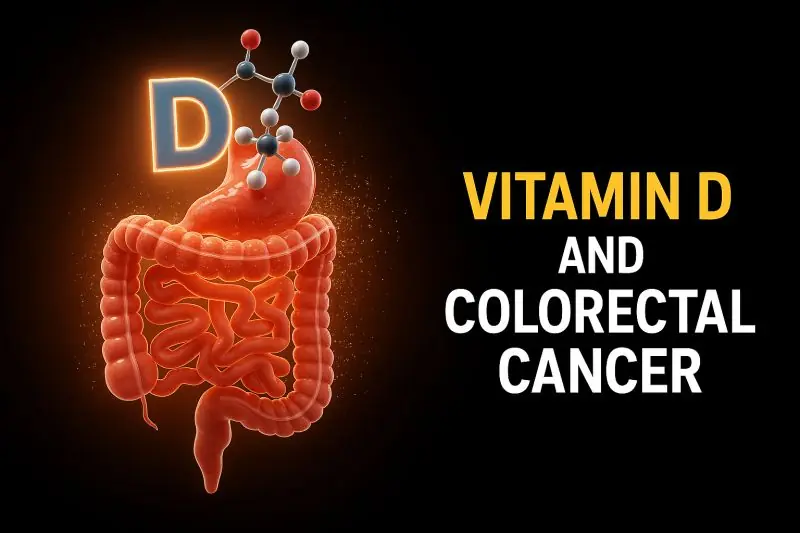
The Sunshine Vitamin's Secret Weapon: How Vitamin D Fights Colorectal Cancer
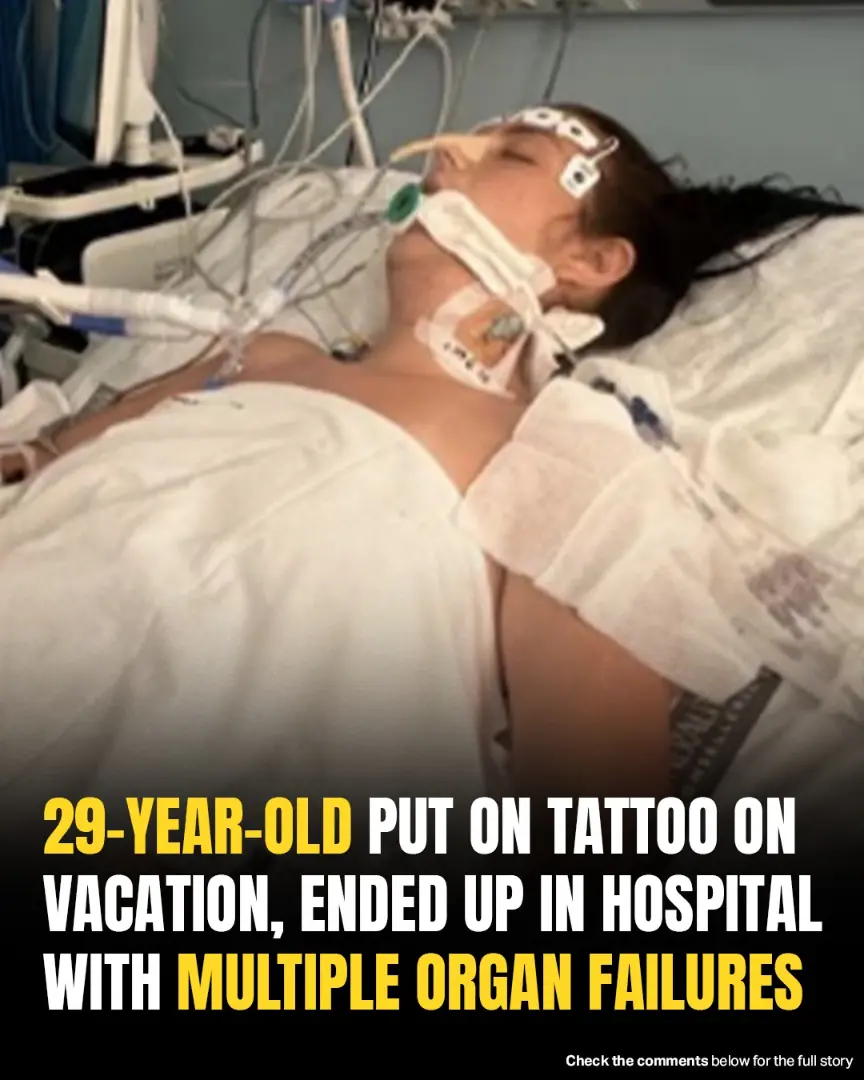
Woman, 29, Falls Into Coma After Tattoo During Bachelorette Trip To Spain
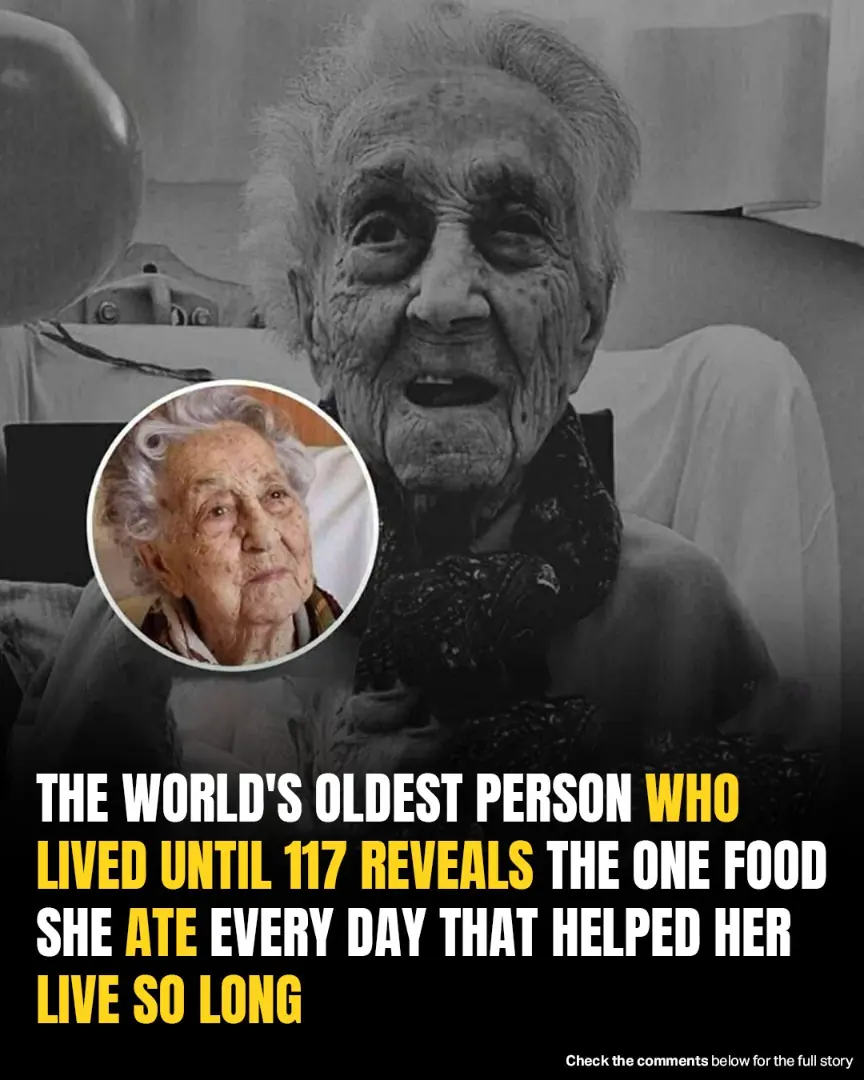
World’s Oldest Woman, 117, Reveals The One Food Behind Her Long Life
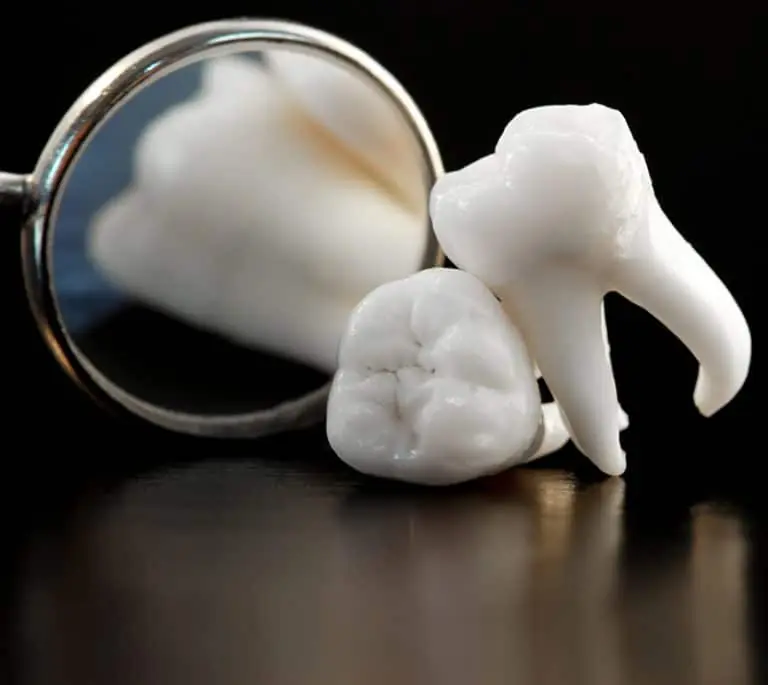
Medical Gold: Why Your Wisdom Teeth Might Hold the Key to Future Cures
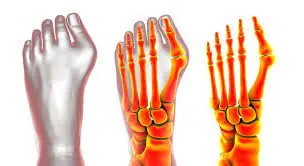
Ditch the Knife: Effective Non-Surgical Treatments for Bunion Pain Relief
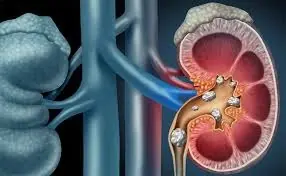
5 Drinks That Can Help Dissolve Kidney Stones and Aid Easy Elimination
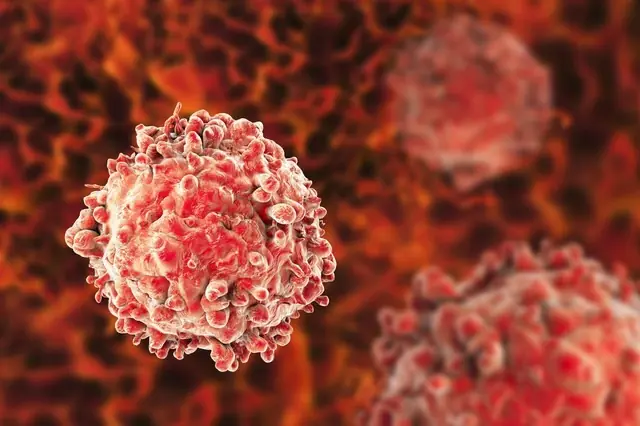
People with Cancer Often Share 8 Morning Signs—Especially Clear After Age 40
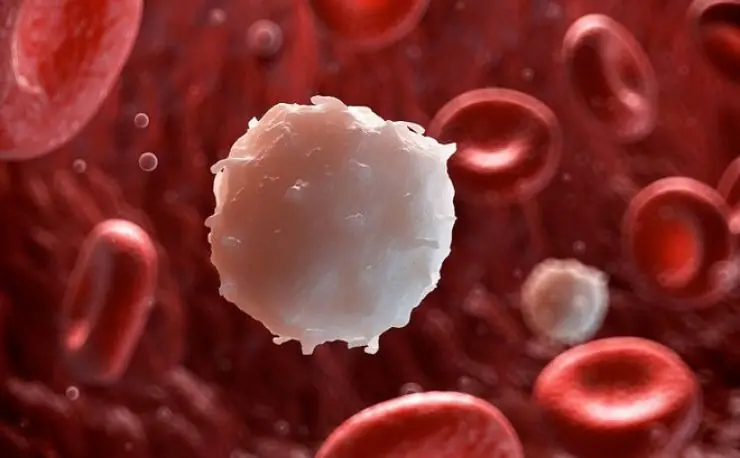
5 Foods That Tumors Hate: Eat These Often for Better Health
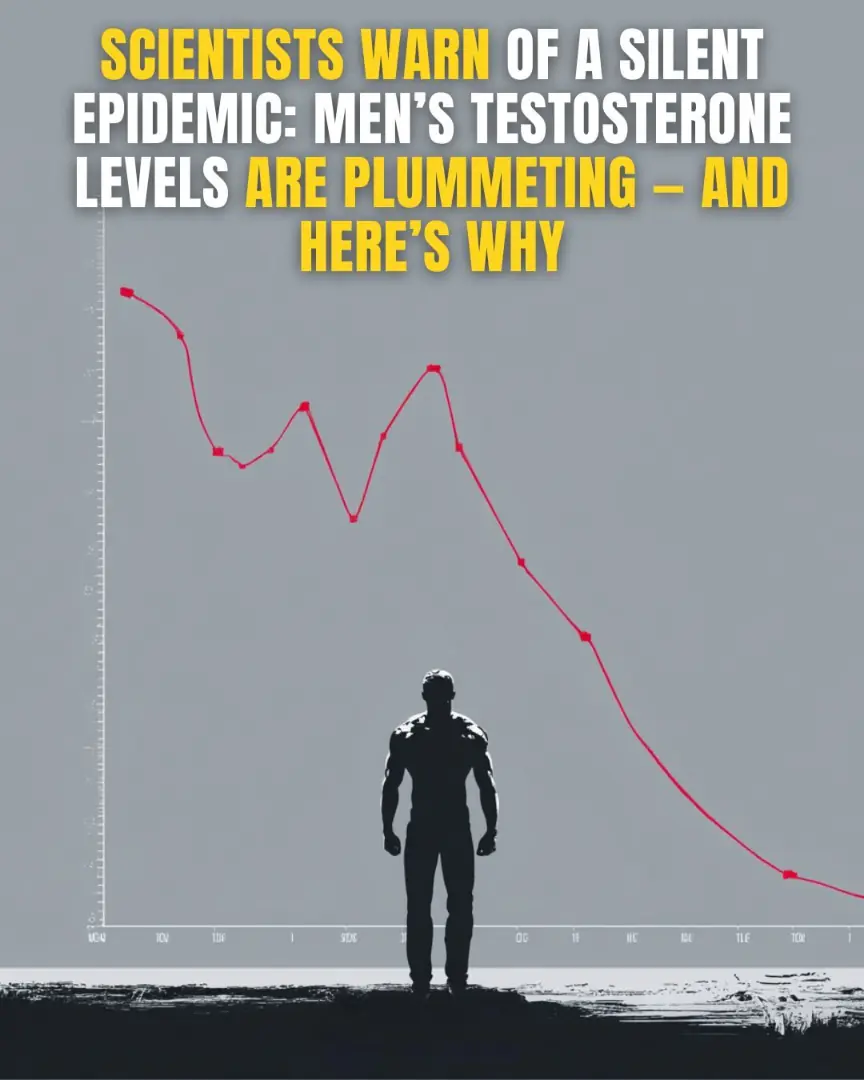
Scientists Warn of a Silent Epidemic: Men’s Testosterone Levels Are Plummeting — And Here’s Why
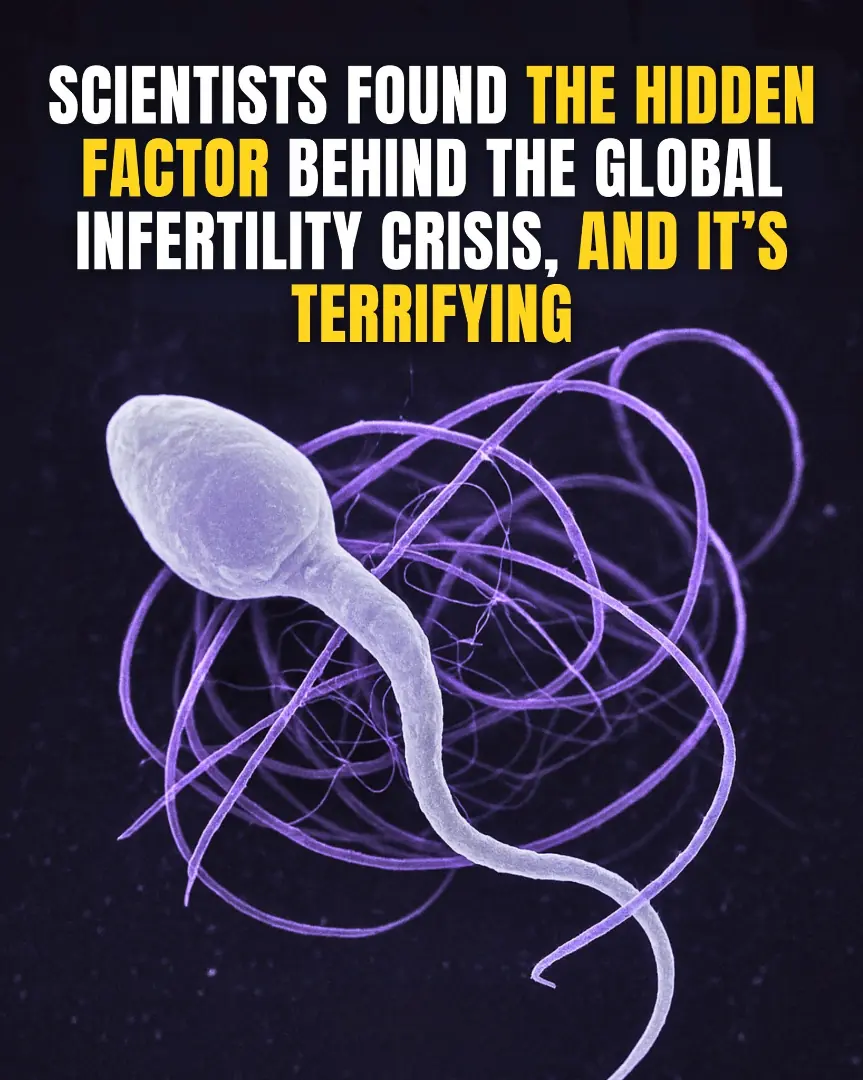
Scientists Found The Hidden Factor Behind the Global Infertility Crisis, And It’s Terrifying
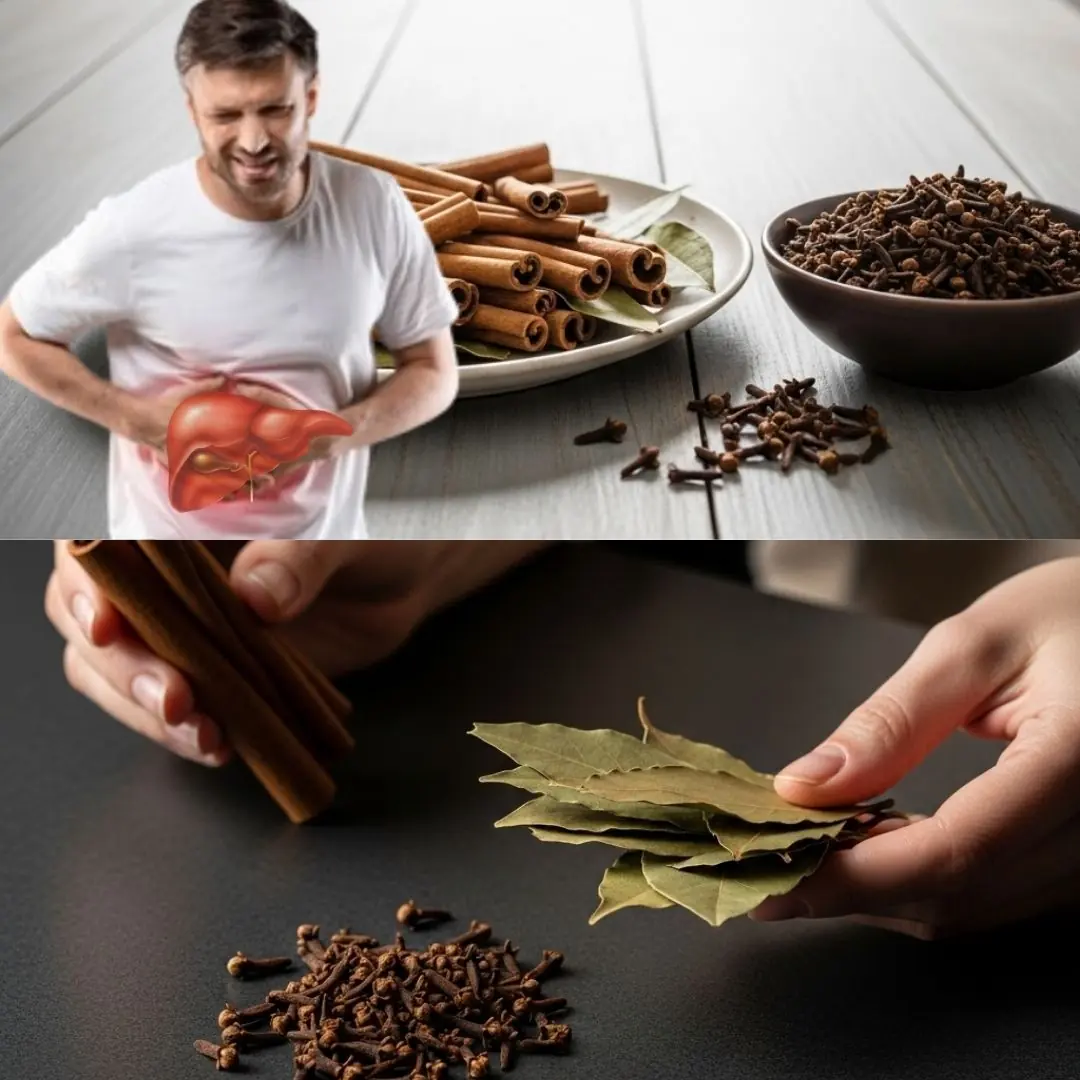
🍵 The Quiet Power of Cinnamon Tea: A Simple Sip for Natural Balance

How to Make the Perfect Pineapple, Turmeric, Carrot, and Lemon Juice: Your Ultimate Homemade Immune Boost Drink
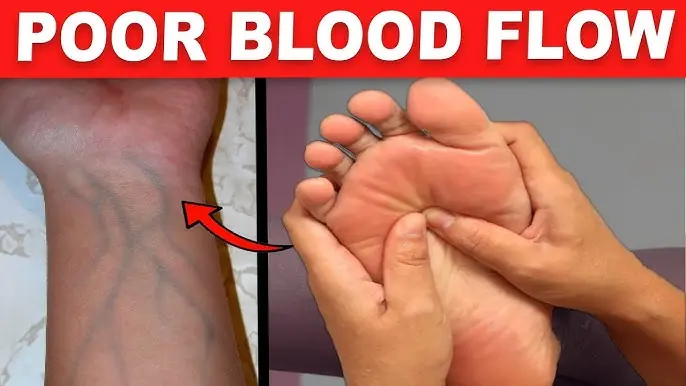
16 Warning Signs Your Blood Circulation is Poor and How to Improve It (Evidence-Based)

Simple Cloves and Ginger Recipe for Wellness
News Post

What’s The Purpose Of The Fabric Strip Across Hotel Beds

Unplug to Rewire: Just 72 Hours Without a Smartphone Can Change Your Brain

CRISPR Breakthrough: Scientists Successfully Remove Extra Chromosome in Down Syndrome Cells

Alzheimer's Breakthrough: Key Protein Found in High Levels in Newborns, Offering Hope for New Treatments

Trojan Horse Therapy: Scientists Engineer Virus to Make Tumors Self-Destruct

Walk Your Way to a Lower Cancer Risk: Just 7,000 Steps a Day Can Make a Difference

The Sunshine Vitamin's Secret Weapon: How Vitamin D Fights Colorectal Cancer

Woman, 29, Falls Into Coma After Tattoo During Bachelorette Trip To Spain

Scientists Achieve First Dream-To-Dream Communication Using Brain Waves

How I Reclaimed My Life After My Husband’s Betrayal and Their Inevitable Divorce
After 14 years of marriage shattered by infidelity, I found strength to rebuild a new life for my children and myself. This is the story of betrayal, resilience, and how my ex-husband’s affair led to a painful but necessary divorce.

Millionaire Dad Tests Fiancée’s Family by Pretending to Be Poor: A Sh0cking Twist Reveals True Love
A wealthy father goes undercover as a poor man to test the sincerity of his son’s fiancée and her wealthy parents. Tension builds as the family tries to humiliate him, but an unexpected revelation leaves everyone speechless.

When My Mother-in-Law’s Wrath Drove Me from My Own Home: A Tale of Betrayal, Court Battles, and New Beginnings
Tr@pped in a suffocating marriage where my mother-in-law ruled with an iron fist and my husband lost all courage, I f0ught to reclaim my life and my home. This is the story of how I overcame betrayal, court battles, and heartbreak to find peace and freedo

She Caught Her Husband with a Younger Woman—Five Days Later, She Left Him With Nothing but Regret
When Marianne discovered her husband’s secret rendezvous, she didn’t raise her voice—she raised the stakes. What followed was a five-day transformation that stunned her entire family and reclaimed her dignity.

MY STEPMOTHER K!CKED ME OUT AFTER DAD'S DE@TH - THEN THE BLACK SUVs SHOWED UP
When Elish loses her father, she expects grief, not betrayal. K!cked out of her childhood home by the woman who never wanted her, she makes one desperate call. But what waits on the other end isn’t pity but power.

My Husband and His Mother Tried to Give Away Our Apartment to His Sister—My Mom's Response Ended the Discussion Instantly
When a young wife’s husband and mother-in-law suggested giving away her apartment to his sister, her mother’s calm but powerful response stunned the entire family. A story of betrayal, boundaries, and quiet strength.

She Chose Herself: A Woman’s Courageous Step Toward Independence After 20 Years of Marriage
Molly’s decision to divorce her husband after overhearing a conversation with his mother marks a turning point in her life. This story of betrayal, self-discovery, and strength will leave you inspired.

I Returned Home to Find My Furniture Up for Grabs — My Ex-Husband’s Petty Revenge Ended in Spectacular Failure

I Didn't Tell My Husband's Family I Speak Their Language, and It Helped Me Uncover a Sh0cking Secret About My Child
What happens when secrets are buried in a marriage? Discover how a simple misunderstanding and language barrier uncovered shocking truths. Read the story of betrayal, love, and trust in this emotional tale.

A LAST GIFT FROM MY FATHER THAT CHANGED MY FAMILY FOREVER
Discover the emotional journey of a daughter uncovering her late father's final secret and how it brought her family closer than ever. A letter, an unexpected gift, and the power of healing.

THE DNA TEST THAT REVEALED MY L0ST DAUGHTER - AFTER A LIFETIME OF LONELINESS
Denny Weaver, a 60-year-old widow, embarks on a journey of self-discovery after taking a DNA test, only to uncover a life-altering secret: she has a twin sister. This emotional reunion brings her a family she never knew she had.